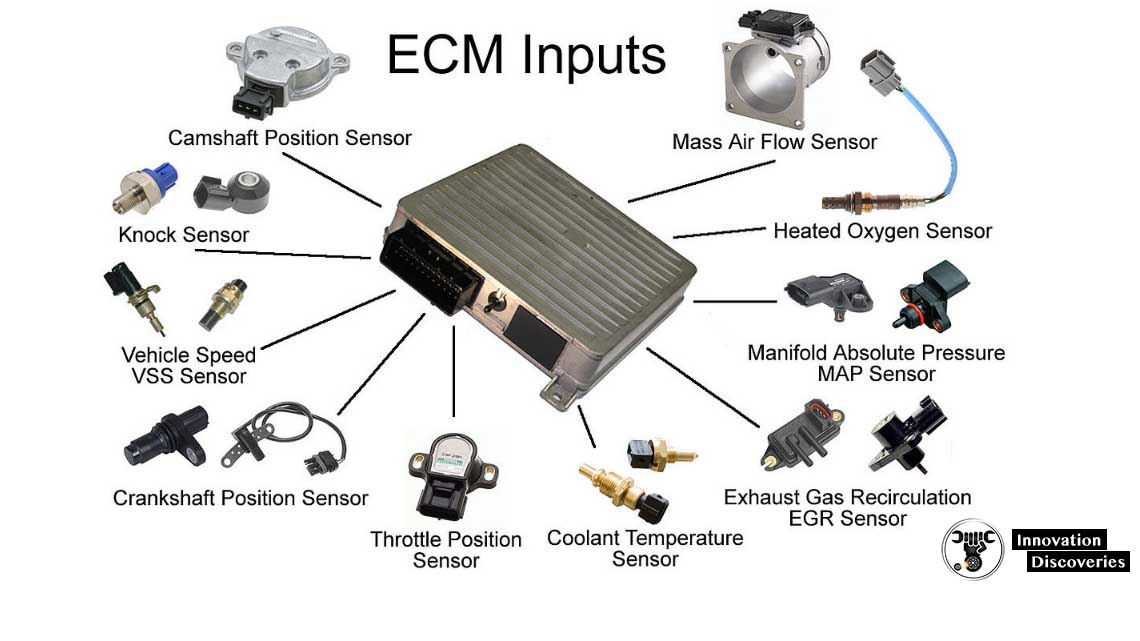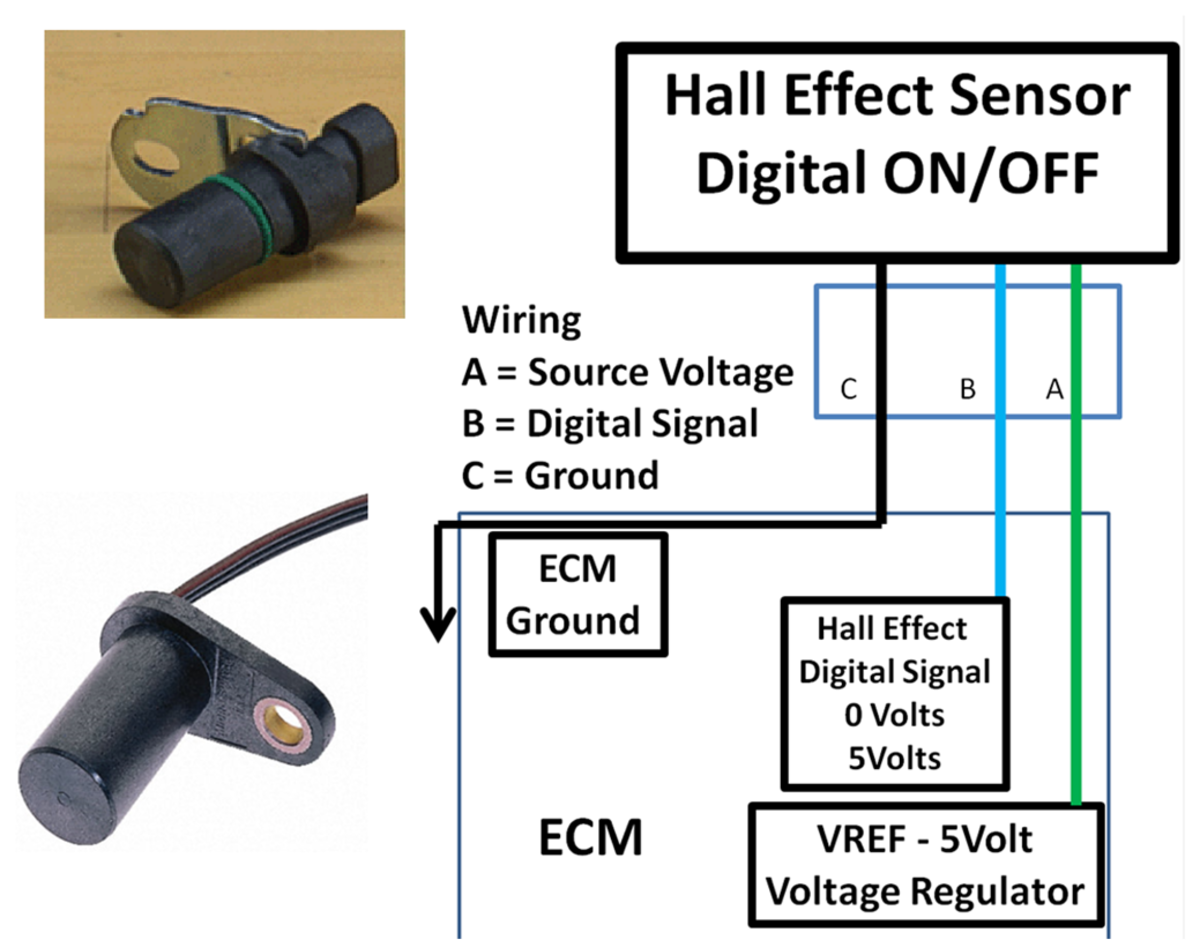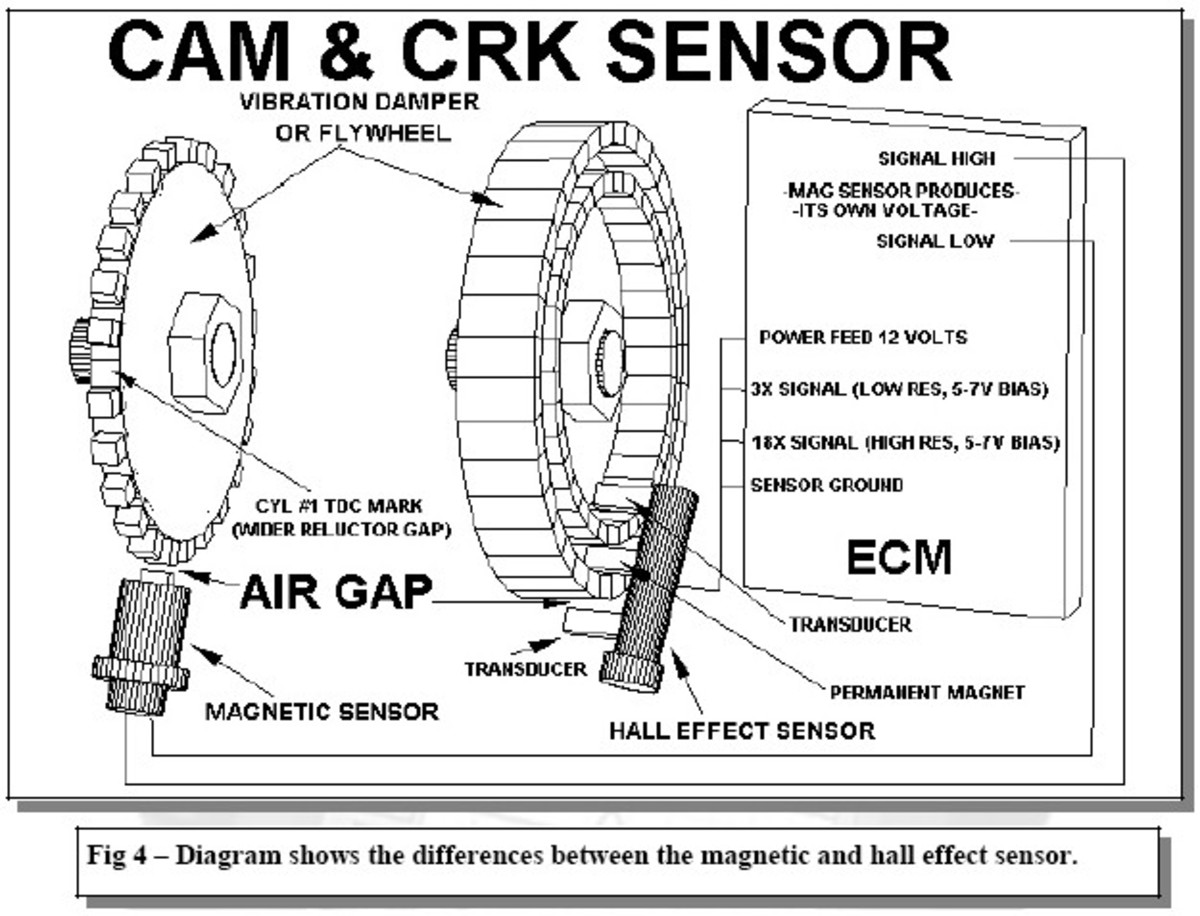

If you notice any kind of acceleration issues, then it could be because of a bad engine control module. This will ultimately affect your ability to accelerate the vehicle as you step on the gas pedal. Your engine will start to have bad timing and it won’t get power as efficiently as it used to from the internal combustion process.

1) Bad Engine PerformanceĪ big symptom that you will notice from a bad engine control module is poor engine performance. Here are 5 common symptoms of a bad engine control unit in a vehicle. But it is important that you recognize these symptoms as they arise, so you can do something about it right away. If you have a bad ECM in your vehicle, the symptoms will become more than obvious. Top 5 Symptoms of a Bad Engine Control Module Top 5 Symptoms of a Bad Engine Control Module.The replacement of an ECM is not a cheap fix and can range between $900-$1000. How Much Does it Cost to Replace the Engine Control Module? *Before replacing the ECM, extensive diagnostics should be conducted to determine it as the root cause. It is often called the brain of the car and rightfully so, because most everything required to operate newer cars go through the ECM, if not directly controlled by it. The ECM also controls multiple other systems on top of these main tasks. Precise control of this timing allows for more power and/or better fuel economy. Lastly, the ECM controls the ignition timing, this is the position at which the spark plug is fired within the combustion cycle. (RPM=Revolutions Per Minute) The variable valve timing system controls when the valves are opened in the engine to either increase power or fuel economy. For the idle speed, the ECM relies on sensors located by the crankshaft and camshaft(s) that track your vehicle’s RPM and engine load by monitoring the speed of rotation of the engine. Some of these sensors include the mass airflow sensor(s), the oxygen sensor(s), air-fuel sensor(s). In terms of the air-fuel ratio, the ECM uses sensors to regulate the oxygen to fuel ratio detected in your car’s exhaust to detect an engine rich/lean reading. The ECM regulates four main parts of your vehicle’s operating systems: air-fuel ratio, idle speed, variable valve timing, and ignition timing.

The ECM monitors most of the sensors in the engine bay in order to manage your vehicle’s air-fuel mixture and regulate the emission control systems. The Engine Control Module (ECM), also called the Engine Control Unit (ECU), ensures that your vehicle operates at optimal performance.


 0 kommentar(er)
0 kommentar(er)
